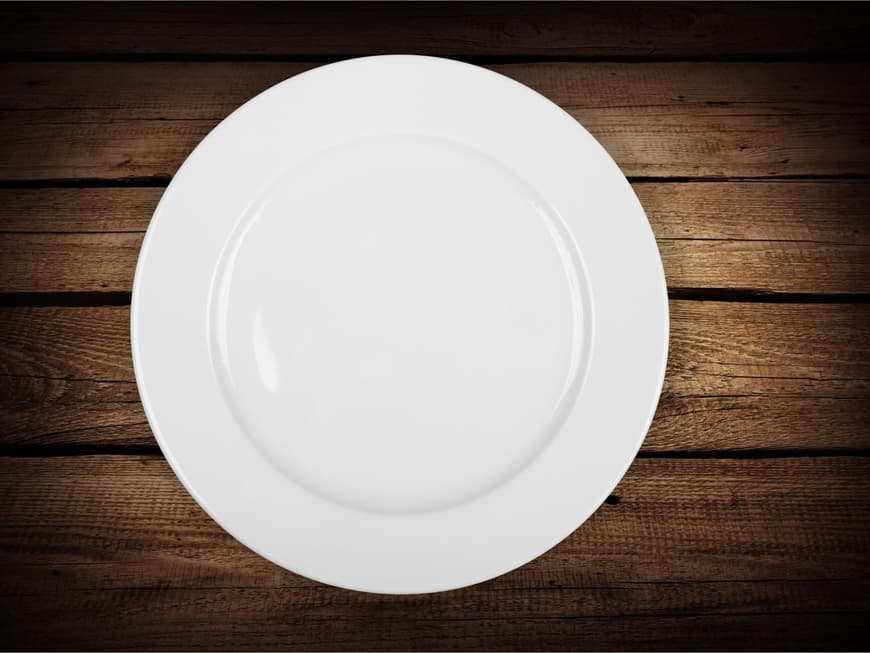In the past, fasting was primarily a form of asceticism. It was supposed to help cleanse the body, gather willpower, do penance and reach a spiritual state in which you could make contact with your God.
Detoxifying the body: metabolism changes
Today, this is more commonly understood as a fasting cure: you abstain from food in order to do something for your health and detoxify your body. In fact, the metabolism changes: Fat reserves are burned, there is less cholesterol and sugar in the blood.
Detoxifying the body can reduce some pain
Studies have shown that while the body is detoxified, inflammation in rheumatism and neurodermatitis is less painful and joint pain in osteoarthritis is reduced. And fasting is repeatedly recommended as a miracle treatment for obesity. The German Obesity Society (DAG) takes a critical view of this and strictly rejects fasting to lose weight.
The body switches on its emergency program
This is because the body switches to the so-called starvation metabolism - and after fasting, the stores are replenished. As a result, you immediately put on weight again. This is the famous yo-yo effect. What's more, it's not the little pads that are lost, but muscle mass. Nevertheless, giving up certain things such as alcohol, nicotine, meat or sweets is good for you, you become more aware and feel better.
Fasting: there are these types
Alkaline fasting: meat, sausage and dairy products, fish and sweets, pasta, coffee and alcohol are eliminated.
Therapeutic fasting according to Buchinger: three weeks of tea, water, juices and vegetable broth - but no solid food. Ideally under medical supervision.
Whey fasting: one liter of whey, three liters of water and half a liter of fruit juice per day.
Tea fast ing: In tea fasting, the body is given no calories at all, but only tea - three to five liters a day. You should definitely talk to your doctor before embarking on this extreme form of fasting.








